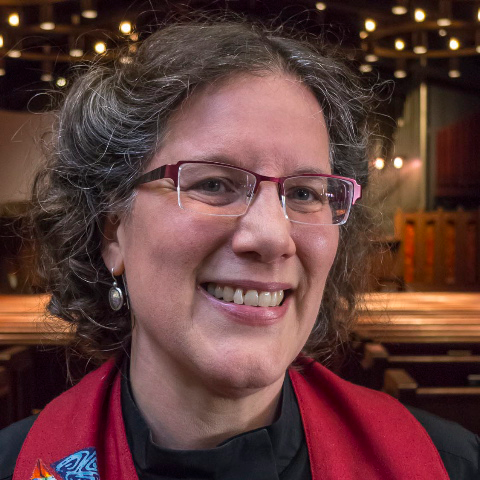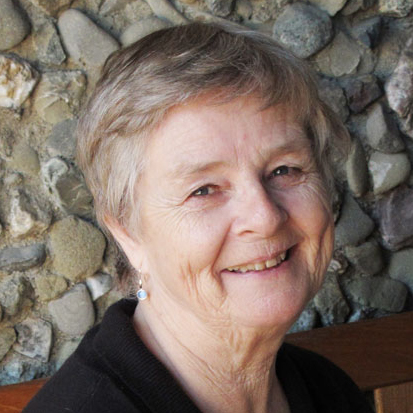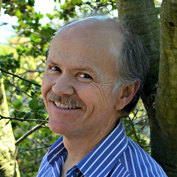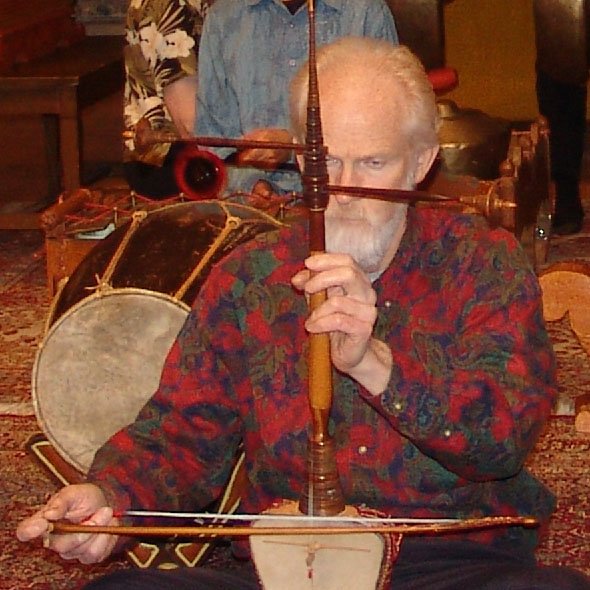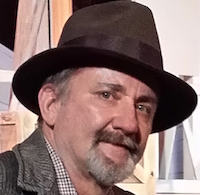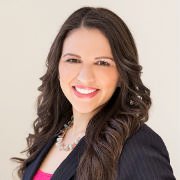1969 to Present
After Dr. Cope’s resignation at 62, the socio-political developments of the 1960’s continued, particularly in the city of Berkeley, where they seem to have led the rest of the country in timing and in degree. These events and developments resulted in considerable turmoil within the church family, particularly between the younger activists and the middle-aged and elderly. It is possible that Cope foresaw such effects and, despite his experience and momentum, thought that a younger minister could surmount or channel them more effectively than he.
1969-1973 – Dr. Howard W. Oliver
Cope was “a difficult act to follow” and the evidence suggests that the many programs, the momentum and the pressures were more than his successor, Dr. Howard Oliver, could effectively handle. A spinal condition became severe and eventually resulted in his resignation.
Oliver was in his early 40’s, a very kind, likable, intelligent person whose sermons were excellently conceived and delivered. He was well-educated. Two of his three degrees were from the University of Southern California, including his ministerial degree. He had been a chaplain with the military and director of the Actor’s Labor Union in Los Angeles.
The church was continuing its programs on a plateau level. In 1971, for example, 930 people (or couples) were personally canvassed for pledges and an additional 122 by mail. The proposed 1971-72 budget was in the 80,000’s, as before, and the minister’s salary continued at $9,890 with a housing allowance of $5,700. The church plant remained the same, with private schools renting the Sunday School facilities on weekdays; the Inverness cabin was replaced by the Freestone Retreat Center property in Sonoma county, which, a result of inflation and other difficulties, is still to be completed. [The Freestone Retreat Center is now fully operational-8/3/99]
In these years, the falling off of interest in all religions and church life were being felt in this congregation, too. So many other things to do and to afford, on Sundays, particularly. Women were being “liberated;” more and more had careers, contributed to family income and, like the men, had less time to volunteer to the church.
1973 to [1981] – Rev. Richard F. Boeke
When the congregation read his qualifications and after he demonstrated his pulpit stance on two occasions, everyone knew that Richard Boeke was the man for the times at this church. Many, using the best minister-measuring ruler they had, must have said that he “measured up very favorably with Dr. Cope.”
When Boeke arrived, he was 42, married, with two small daughters, athletic, educated at Iowa State, Yale and Columbia Teachers College plus selected post-graduate courses at Harvard and Starr King. He was widely read, traveled, well-informed in the arts, with a great deal of experience in community and denominational affairs plus a flair for organization (ministerial groups, civil rights groups, church groups). He was even a delegate to the 1958 National Democratic Convention. With all this, he had sound convictions of the future of the liberal church. “One of the warmest, friendliest, most personable men you are ever likely to meet,” the selection committee said.
After Maizie Newman retired and moved from the Bay Area, Dee Haynes held the position of Executive Secretary briefly. Then in 1973, Grace Ulp was chosen for this very necessary function. Born in China to a medical missionary family, she was educated in California, she became active in this church during Cope’s early years as a minister. She is a weaver, has broad interests in the arts and in people. When hired, she took up the reins with “grace” and verve, and today’s beehive of church activities are under her skilled and joyful guidance.
Current Projects [as of 1981]
Most church programs continued during Boeke’s eight years as minister of this church, and new ones were added as circumstances required or opportunities were presented. An effort to become more visible in this community led the church to establish its right-of-way to Arlington Avenue and to construct a path where a sign more visible to passers-by was placed. Successful programs continued and new ones were organized to bless our presence in Kensington/El Cerrito and the East Bay.
Perhaps the congregation was becoming more comfortable in its relation to church finances. It is astonishing that in spite of predictions of disaster almost every week of our 90 years, we still functioned, had paid off our mortgage and were attempting to organize our endowment so that it would help us grow and be a protection for the future.
From the beginning, the First Unitarian Church of Berkeley has had an interest in Starr King School for the Ministry – the seminary. Starr King students who have held positions in the church as part of their training have gone on to their own ministries, after their periods of intense exposure to “big church” problems and pleasures.
In 1981, our minister’s growing awareness of and active role in interfaith media outreach planning gave the church another connection with the larger community. Boeke’s international activity in the area of religious freedom is ongoing, and in 1981 he received the annual award for Service to International Liberal Religion from the American chapter of the IARF. In 1981, our assistant minister was Stephen Furrer, our minister-in-training was Stan Aronson, and our sexton was Brian Jessup.







